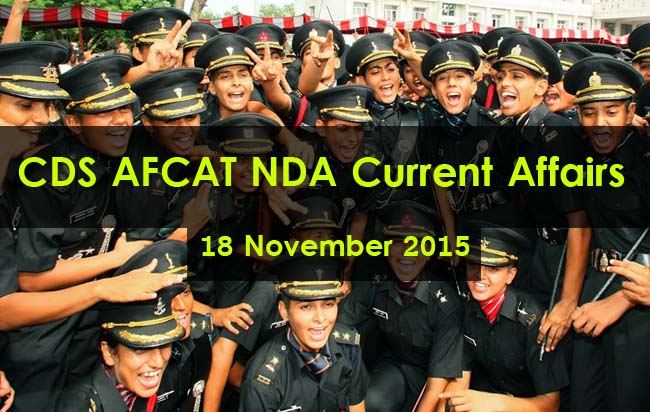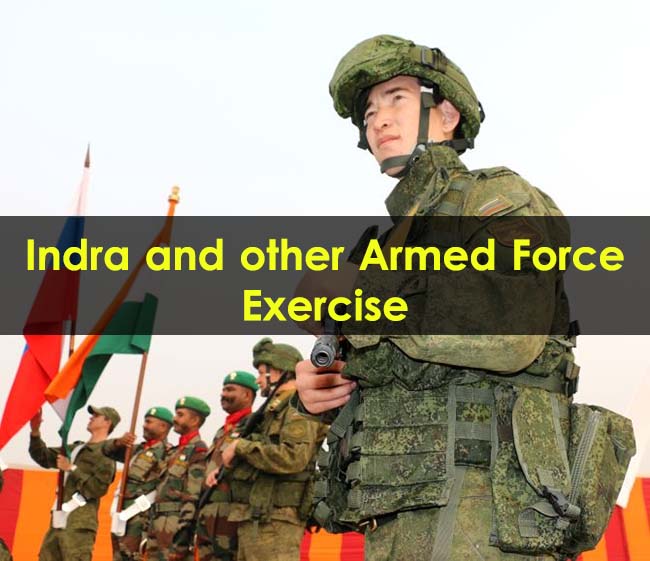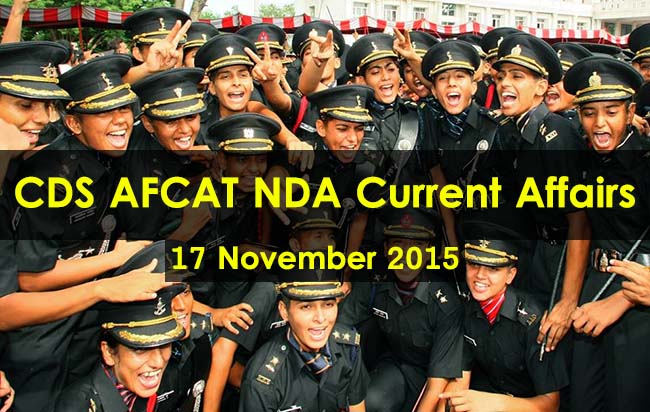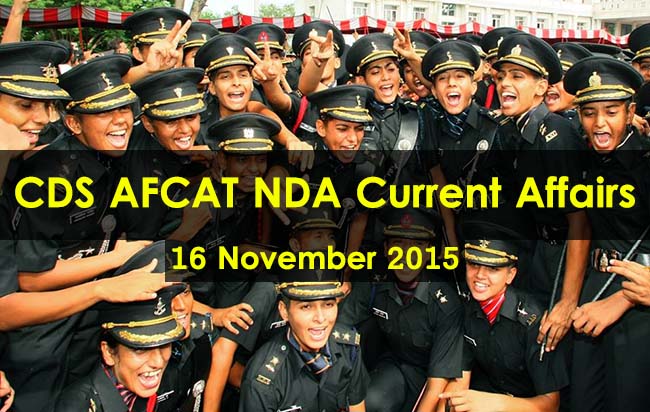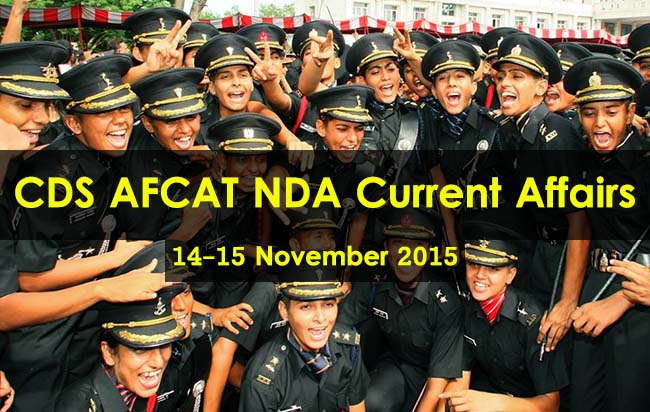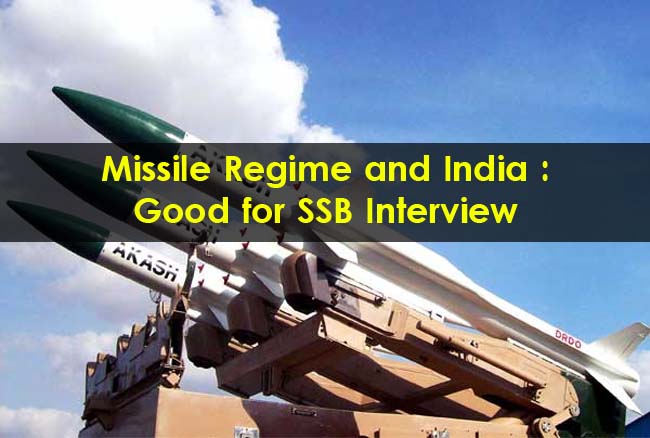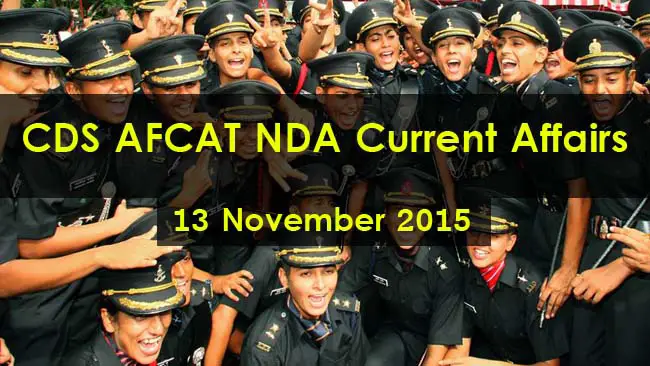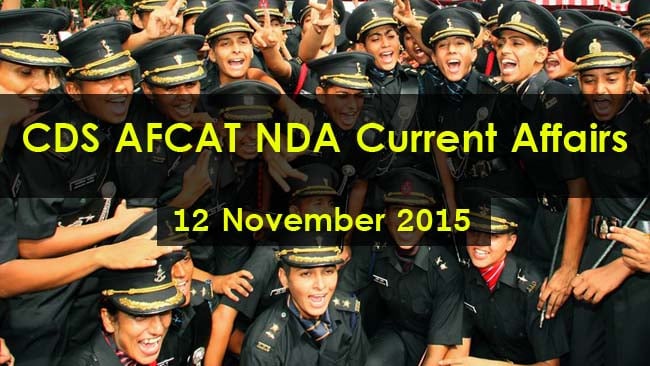Confidence, a word that means a lot. Confidence is a state of mind which makes a person to go beyond limits when body says it’s over. Most of the time people find it hard to build confidence. Here we will discuss some points that, if stored in mind, then they can make a good impression on the listeners and can perform well in every task. All SSB aspirants knows that SSB crew wants some qualities in people appearing in SSB. Confidence is a thing which plays an important role in revealing your OLQs in front of them. If you have OLQs but lack confidence, then those qualities are useless. Here are five steps to remember to generate confidence in soul.
Overcome the fear of failure – The human body and mind is naturally made with fear. Fear of what? Failure. If mind perceives a failure as a lesson for the future, then gathering required confidence is not a hard thing. Getting failed is not a bad thing, but stopping your efforts and further trials after that failure is a bad thing. Just have one thing in mind, it matters nothing if I fail, I will learn something from that. This will make you a bit relax and confident too.
Always be ready To Do – Reluctance is the speed breaker of confidence. Being an armed forces aspirant, you need to be always ready for any kind of task. Just make your mind strong and active to do any task at any sort of time. Always stay ready to face any kind of situation. This makes you confident in those tasks where you will find some unexpected obstacles.
Have the Power to Improvise – When the task is difficult, it requires more efforts. And harder the task, more obstacle will be encountered. And planning not always works as we prepare. So, at that time you need to make your mind to improvise and re-plan your task. This in turn shows your high confidence level. This thing is a bit difficult to inculcate, but you find every task simple and feel confidence in yourself when you get over it.
Don’t bother about the Crowd – The crowd is nothing but just some eyes staring at you. Eye contact matters a lot when it comes to the confidence building. You have to train yourself to speak and answer when people stare at you, seeking you to say something. To overcome this thing, you can do practice by speaking in front of a mirror or a couple of friends. Here I want you to know the effect of confidence over language. Some people know good English, and can write, read, speak and understand it. But crowd makes them to hesitate. This is one of the mostly faced problems of SSB aspirants. Be confident and perceive those eyes as your friends and you will feel relaxed and confident.
Nothing is taught, it needs Thrust to Initiate – No task is difficult or taught. The only thing that is difficult is initializing it. Once it starts, you find it simple and after completing it you feel how you did that. Starting with confidence makes the task half done. And if you will be afraid of starting it, you will never make it done.
Confidence is not just a word, but it is a key to unlock your personality when problem solving situations are encountered.



